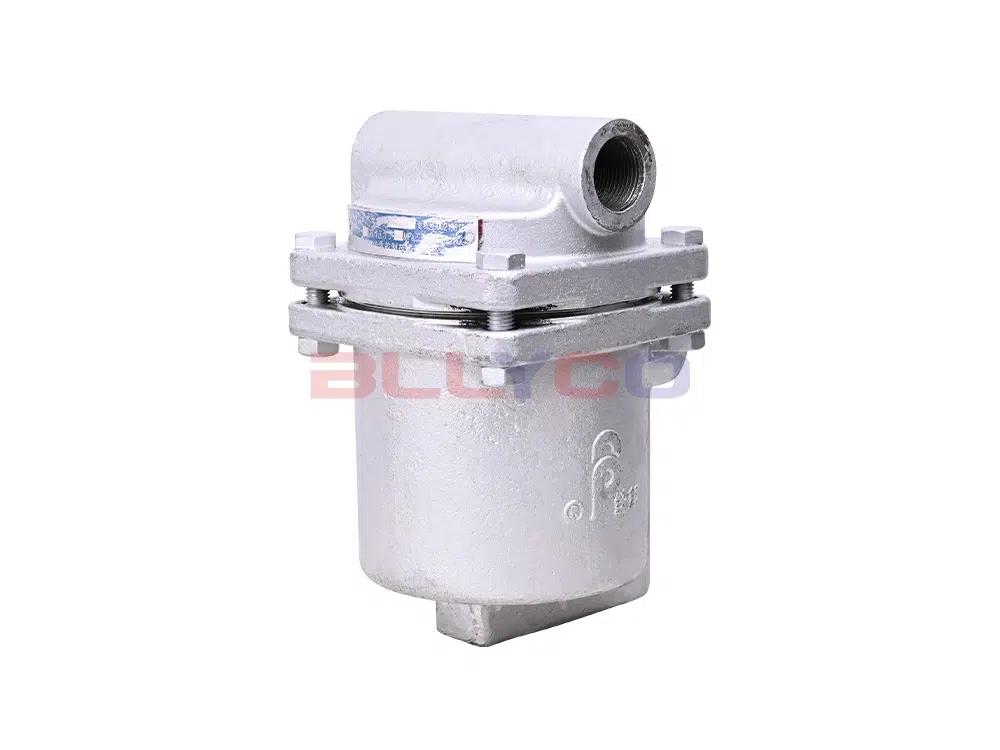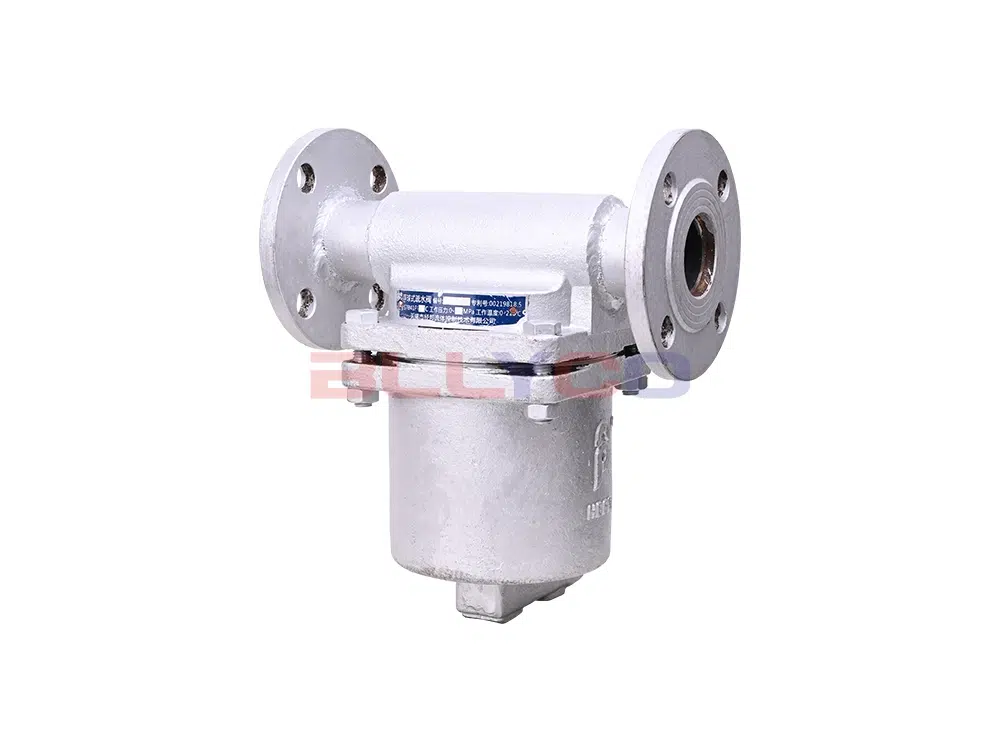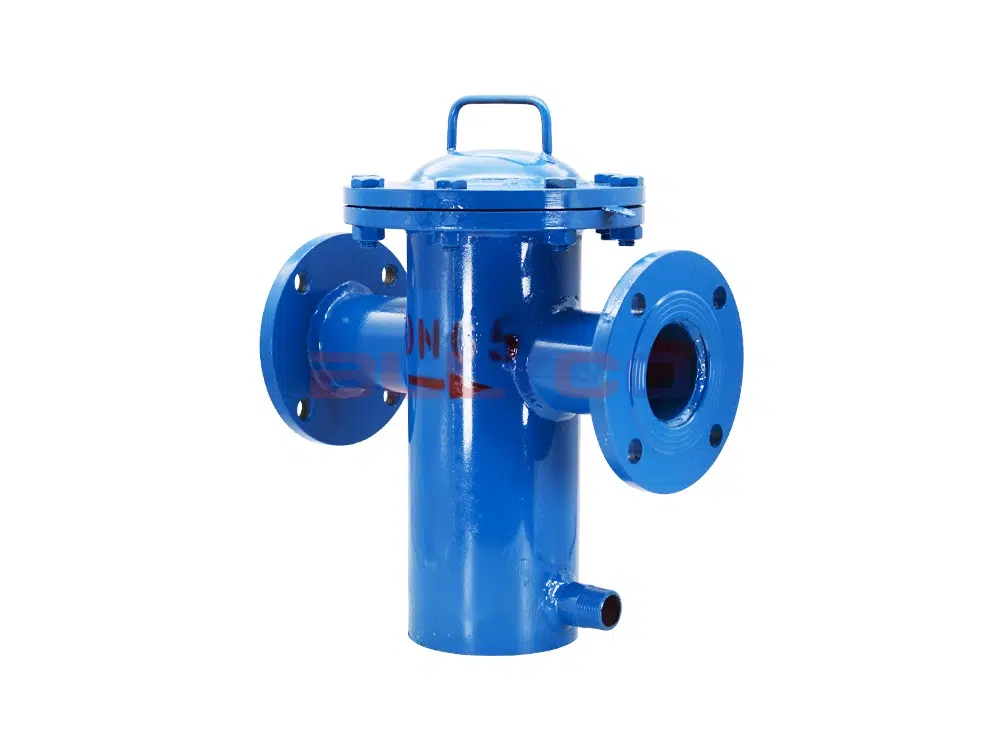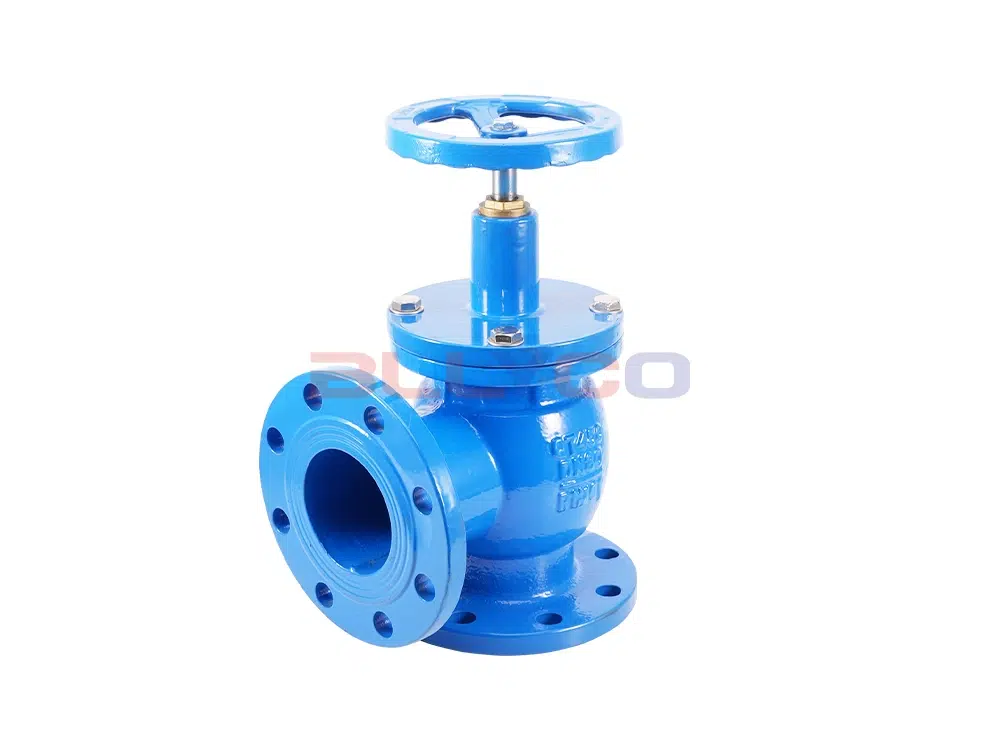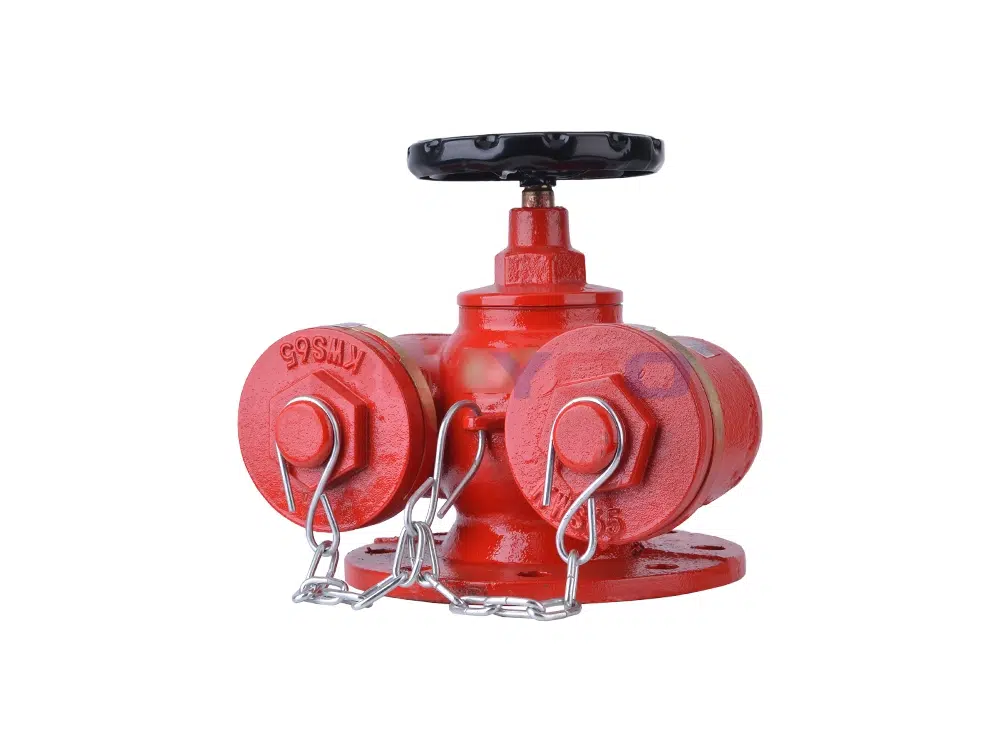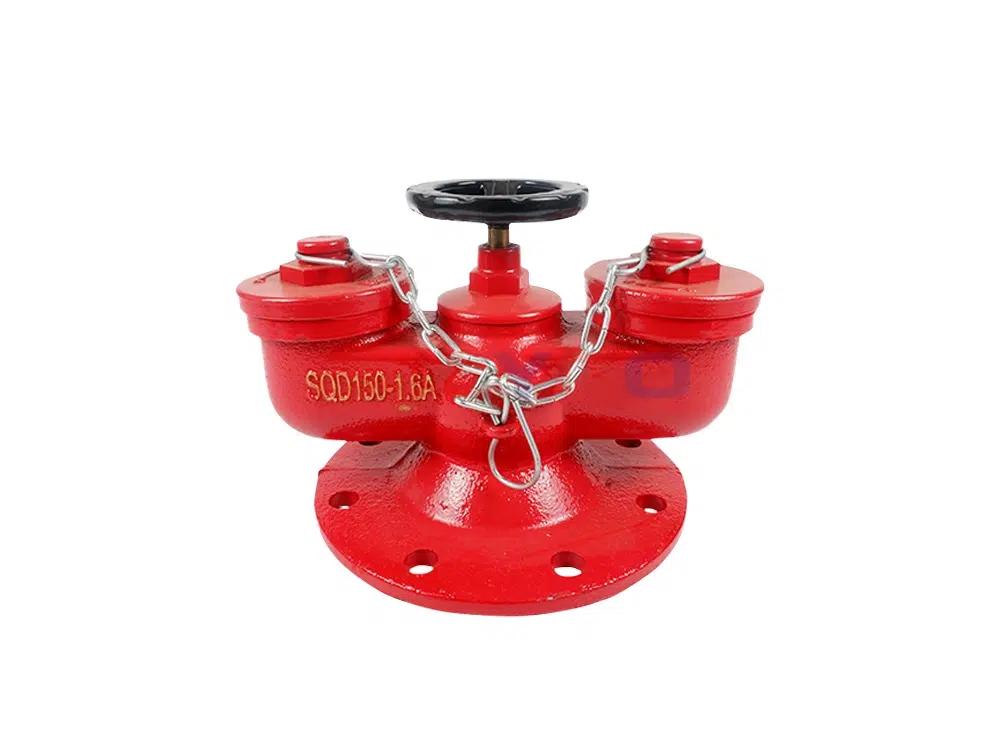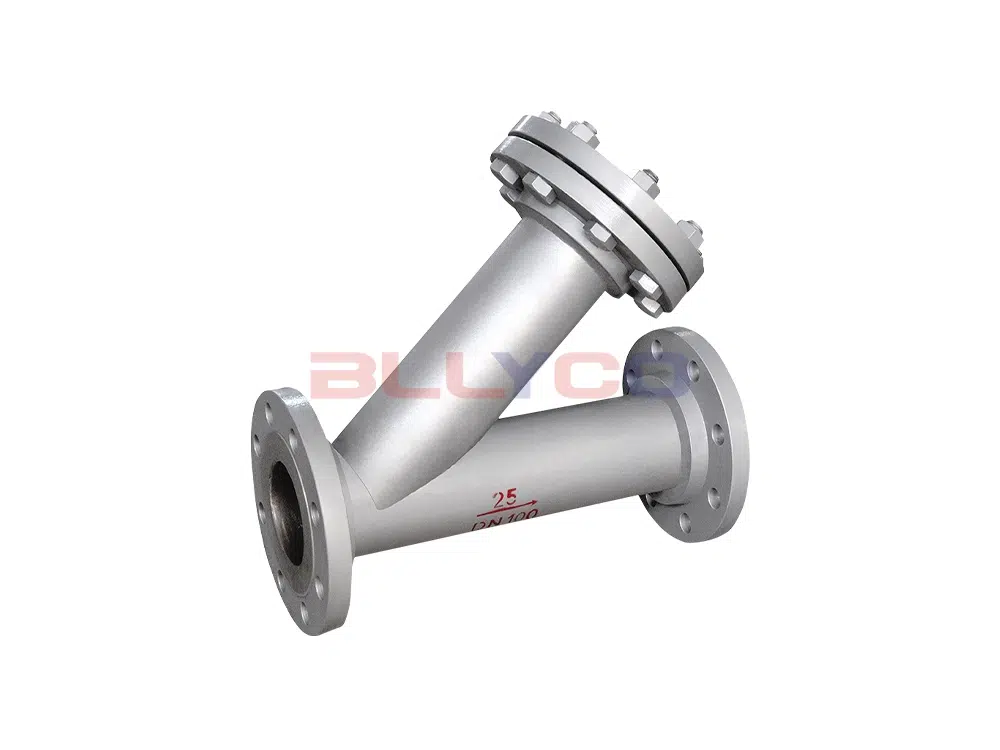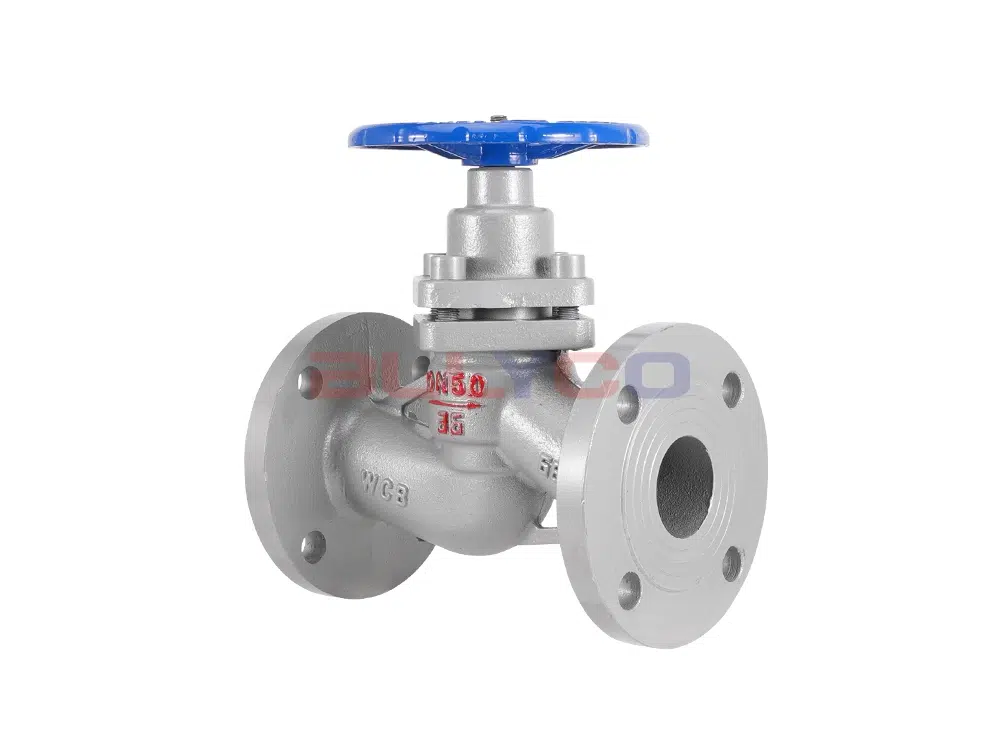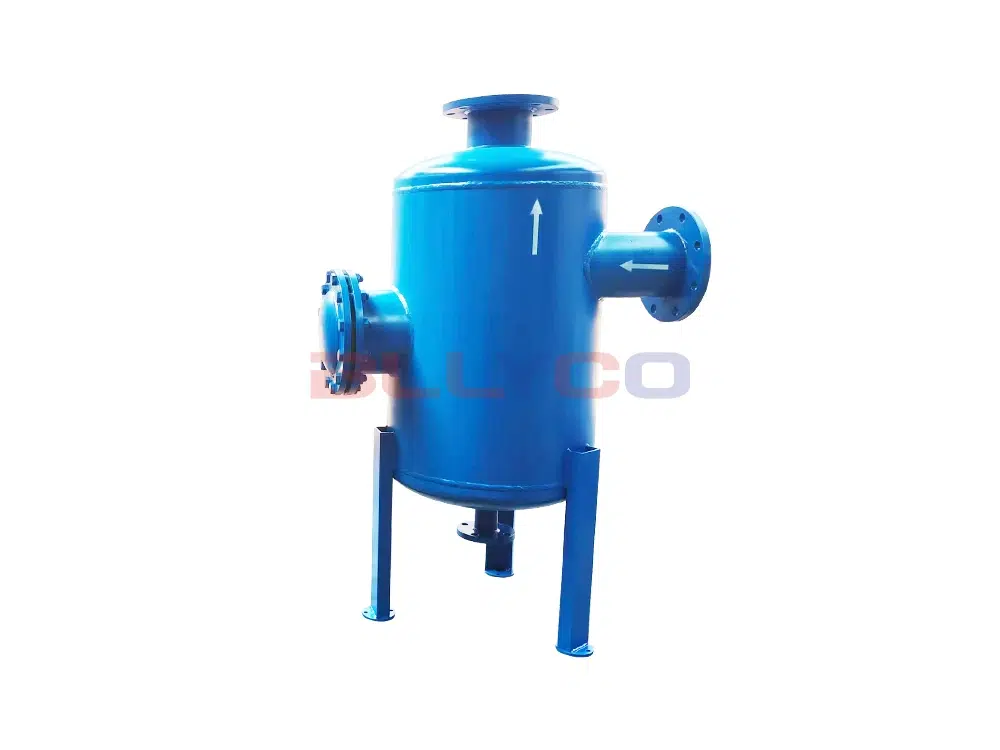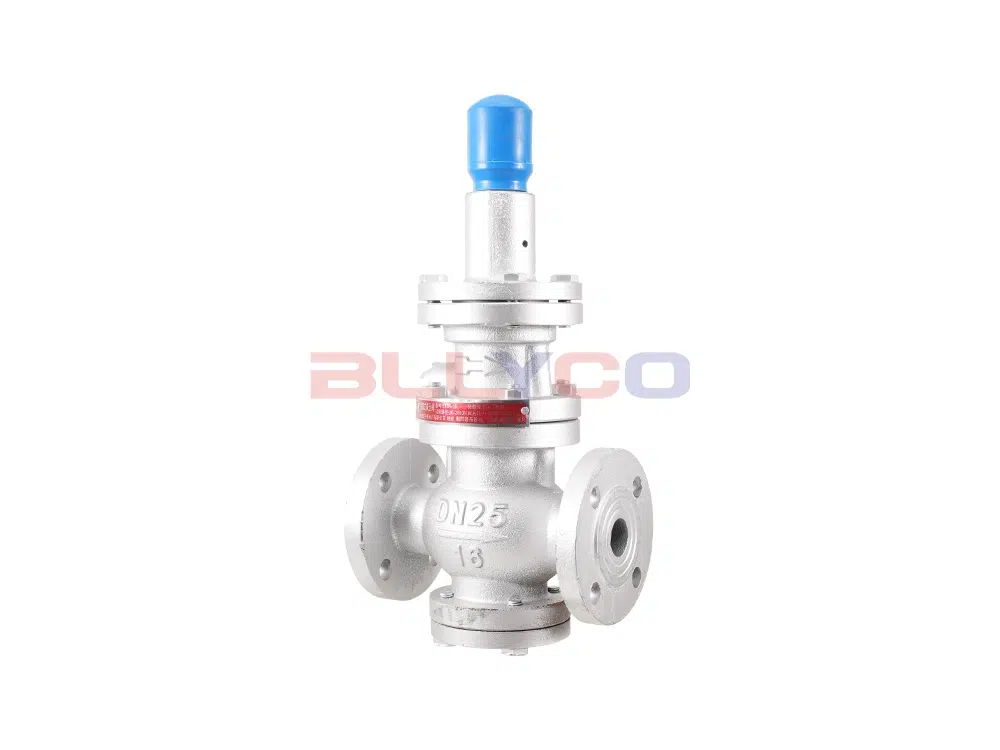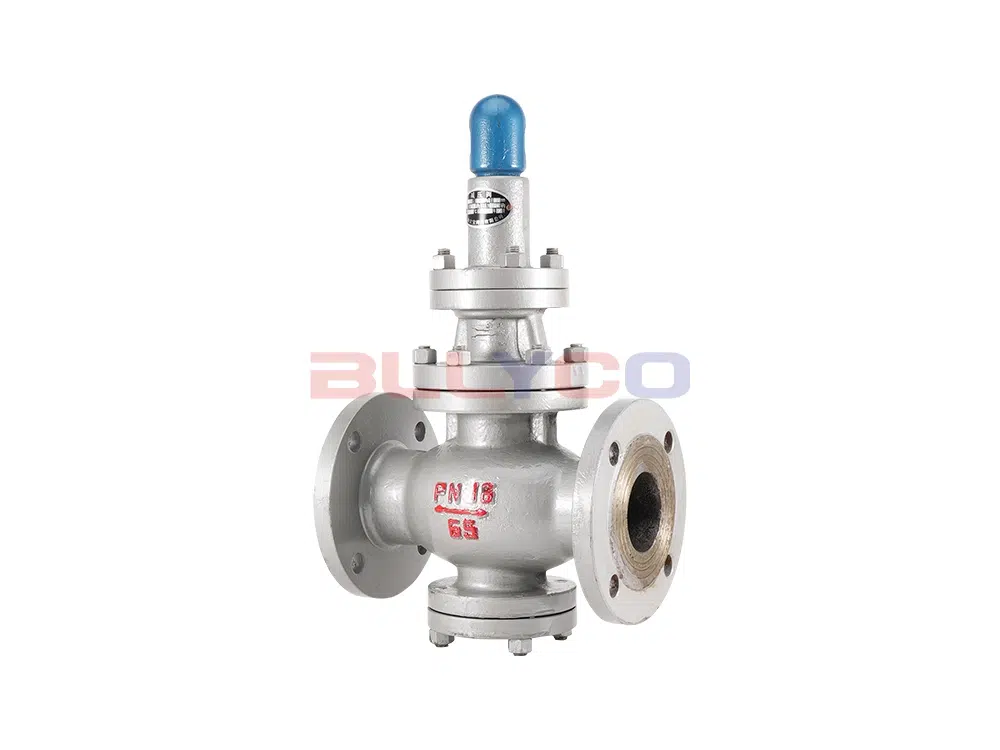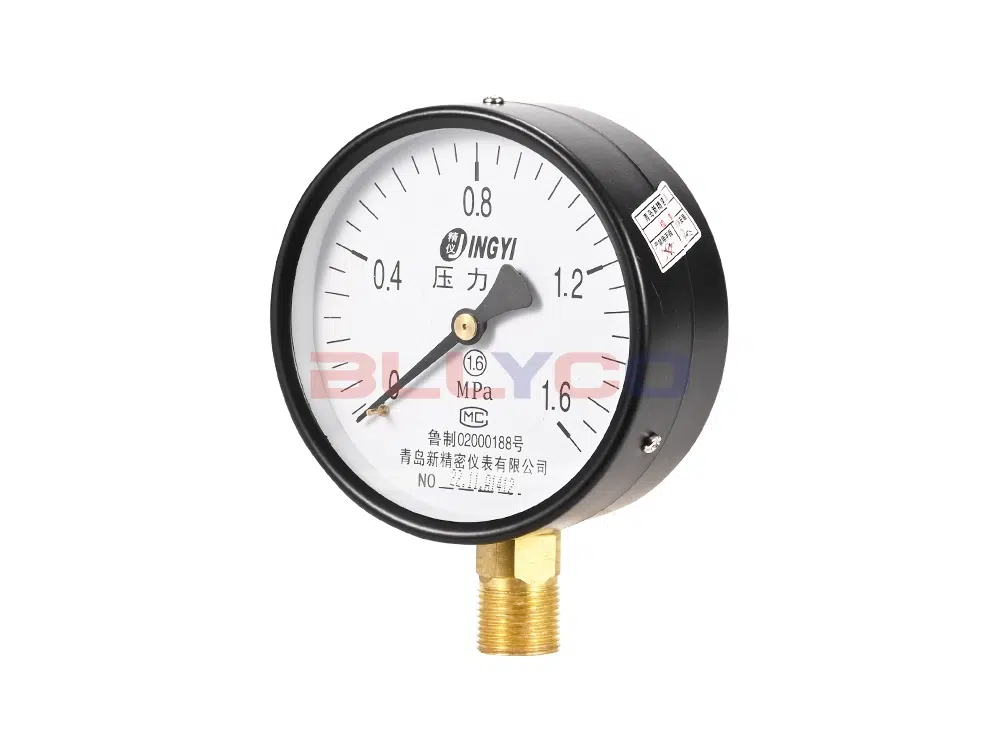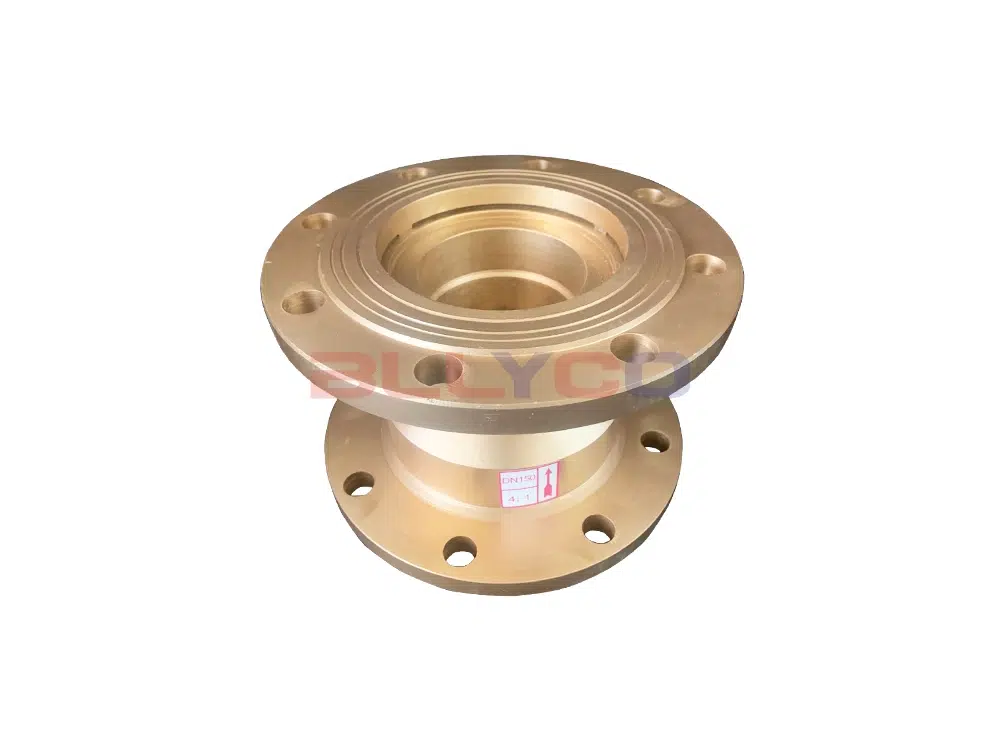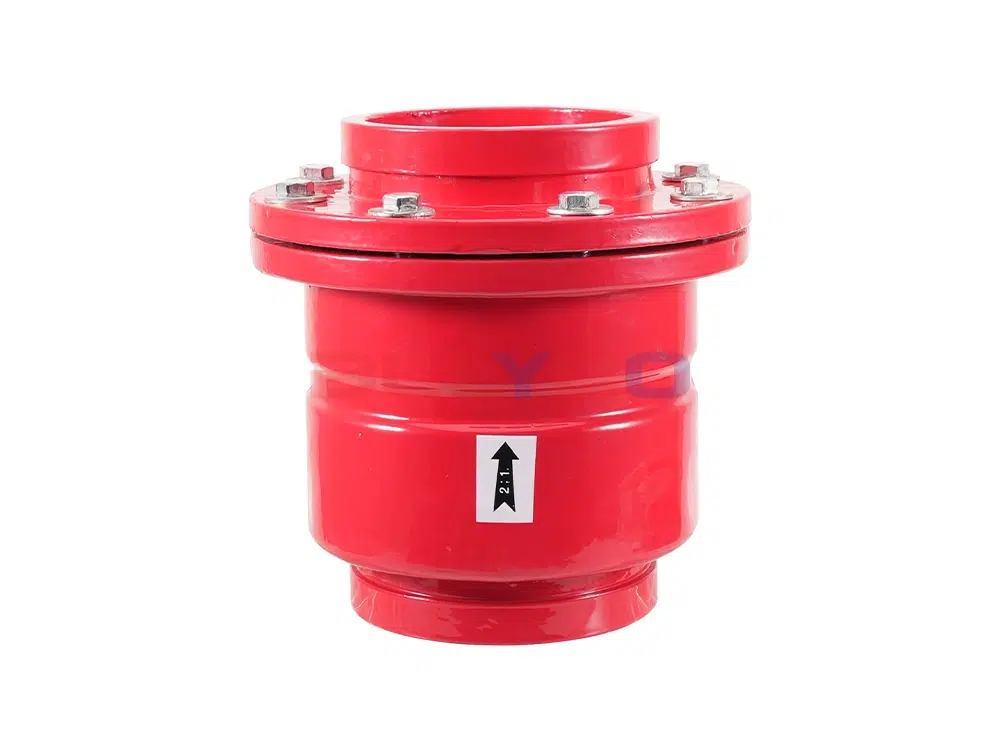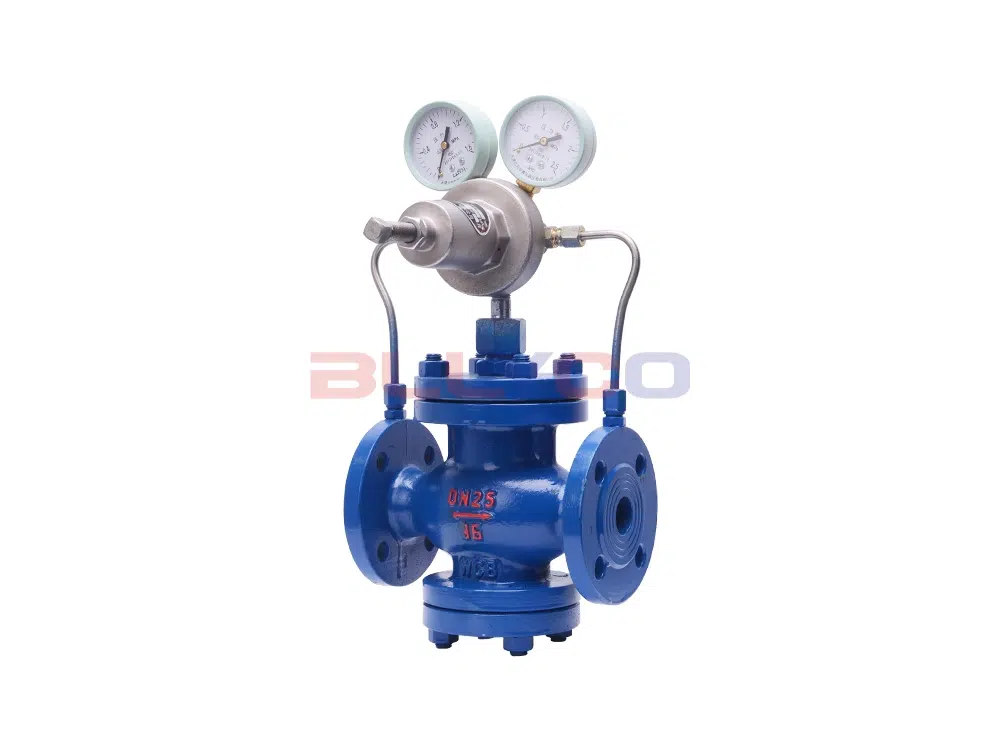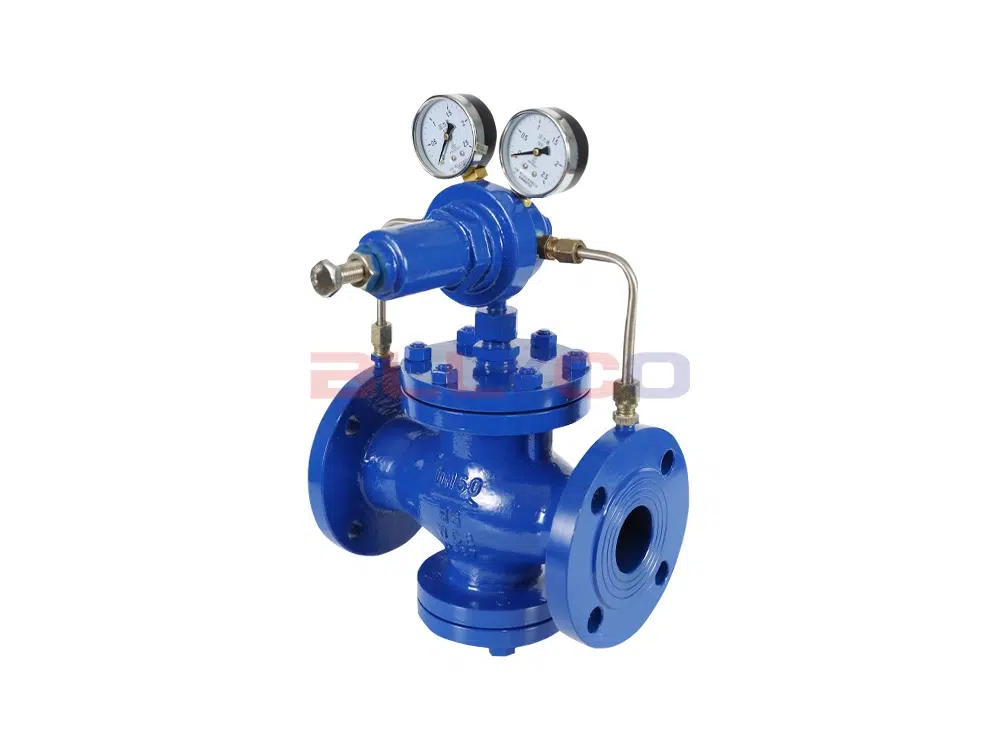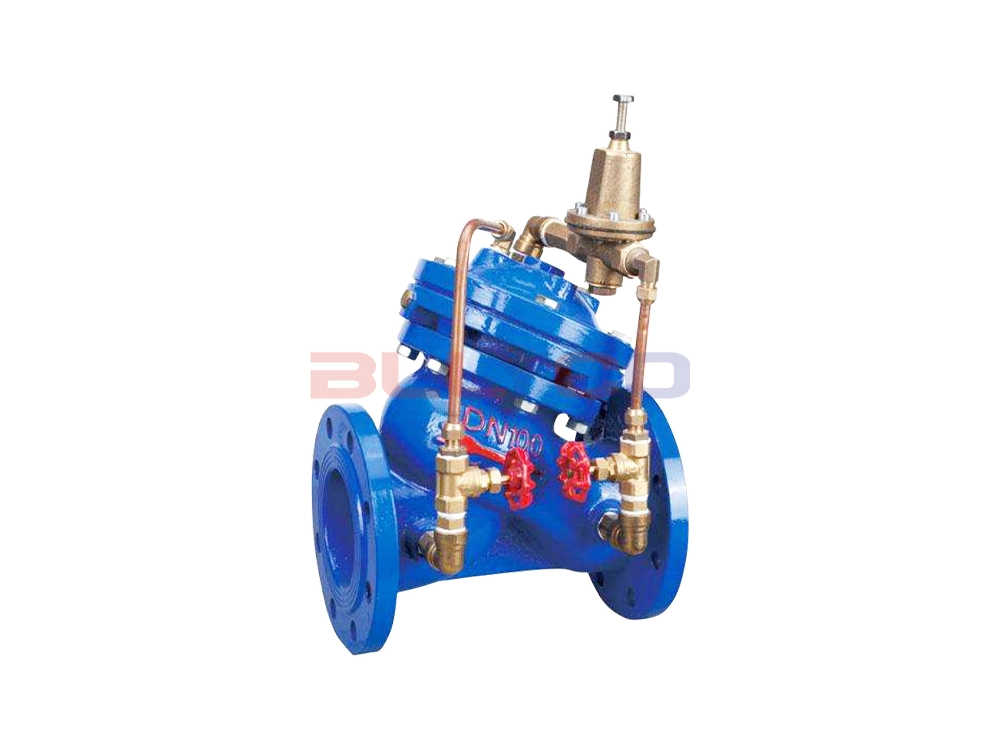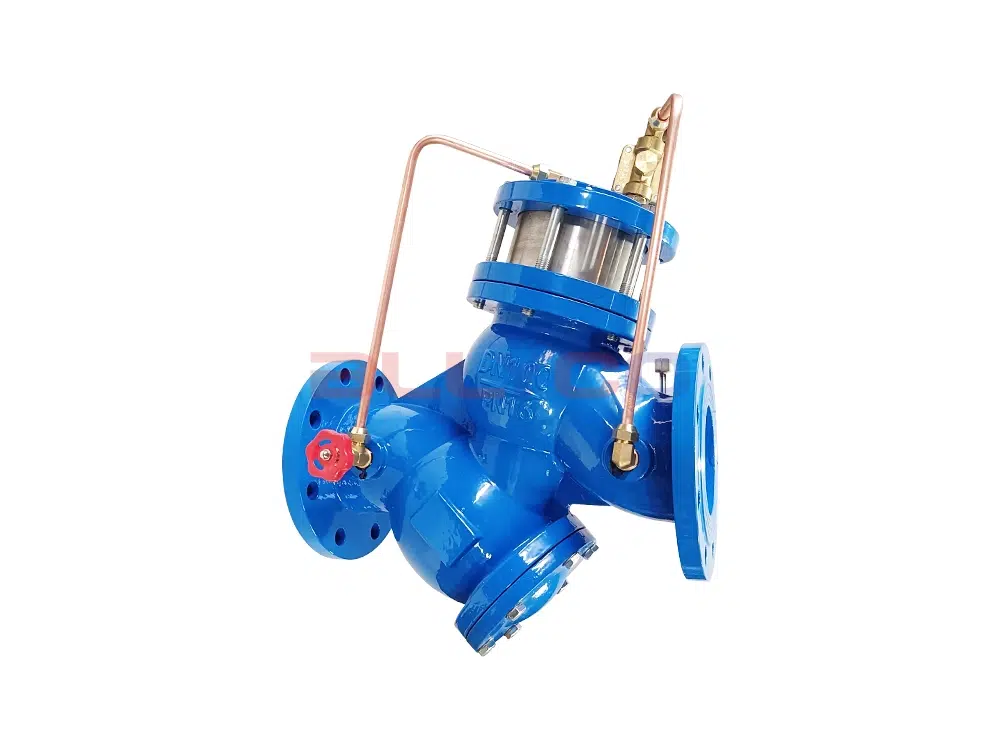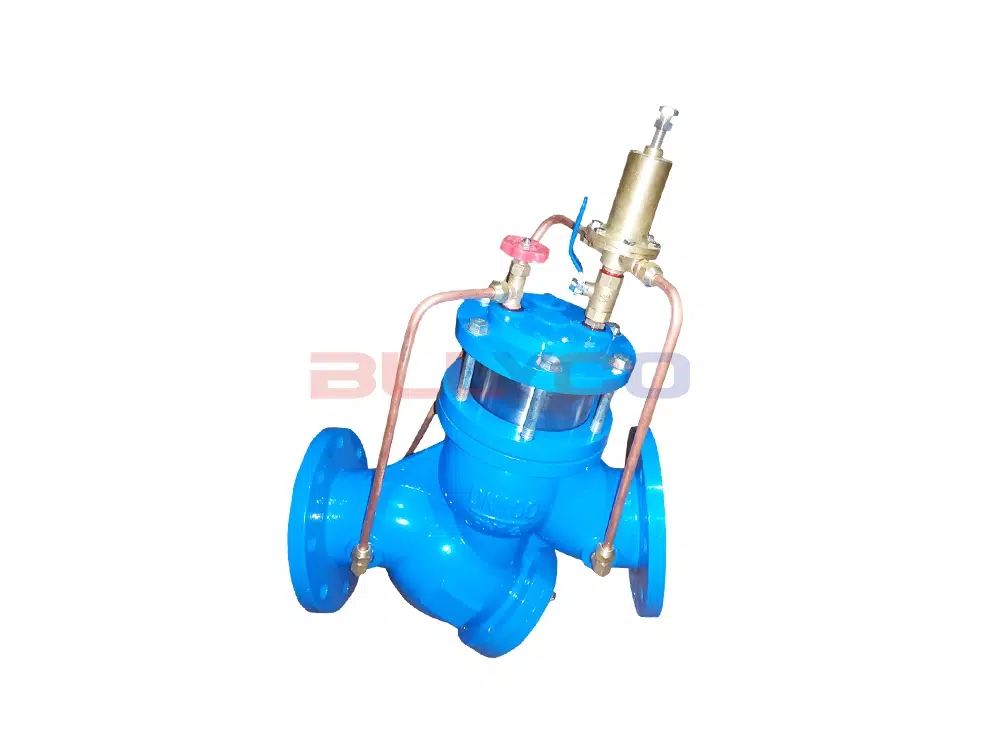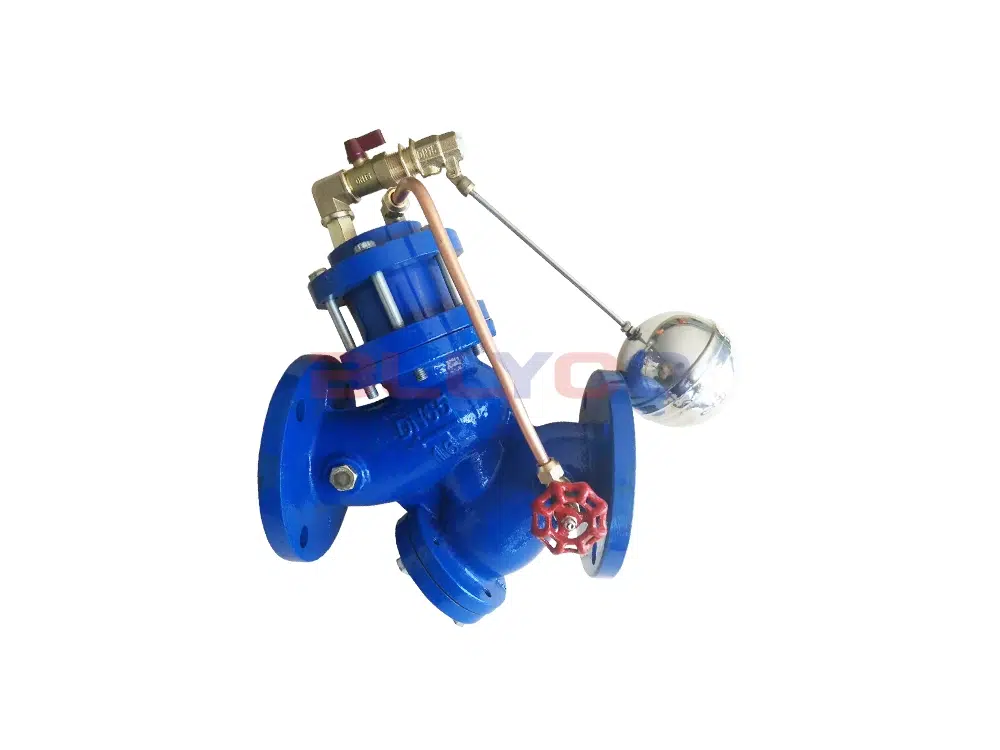Types of Valves for Municipal Water Supply Systems
Date: 2025-07-13 Categories: Valve Knowledge Views: 5186
Excerpt:
Municipal water supply system core components valves: hydraulic control valves to regulate the direction of water flow, flow and pressure, to protect the system smoothly; shut-off valves used to cut off the flow of water to facilitate maintenance and emergency; anti-pollution valves to prevent the invasion of pollutants, to ensure the safety of water quality; overflow valves and pressure-reducing valves to control the water level and reduce the water pressure, respectively, to prevent damage to the equipment. The article outlines the role and importance of these key valves, emphasizing its correct selection and management of water supply systems to ensure safe and stable operation is indispensable.
Municipal water supply systems are essential in urban infrastructure, and their main task is to provide citizens and businesses with pure, safe drinking water and industrial water. In this system, valves play a central role, they are in the pipeline network to perform a number of key functions such as regulating water flow, adjusting water pressure, preventing water pollution. So, in the municipal water supply system in the specific application of what types of valves?
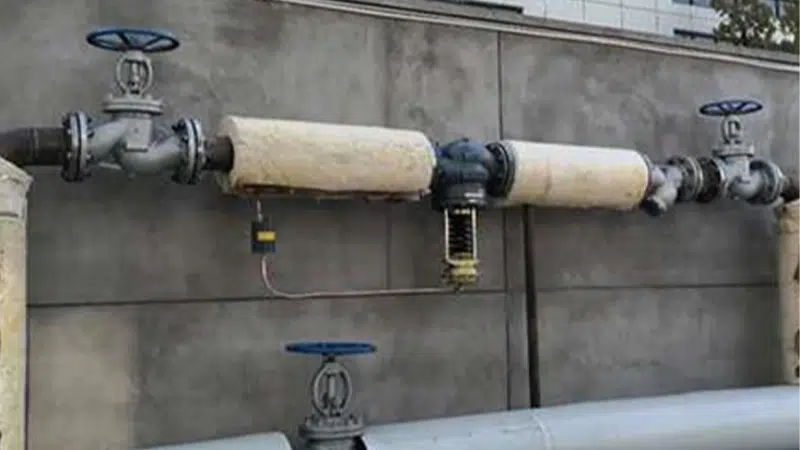
First of all, hydraulic control valves, as one of the most basic and commonly used types of valves in municipal water supply systems, play a crucial role. They are mainly responsible for regulating the direction of water flow, flow and pressure to ensure the smooth operation of the water supply system. The main function of this type of valve is to flexibly adjust the flow rate according to the system demand, effectively prevent the pipeline from rupture or leakage due to overpressure, and ensure that the water supply system is always maintained at a safe pressure level.
Further, globe valves play a vital role in municipal water supply networks. These valves are often used to stop or regulate the flow of water through pipes, ensuring efficient operation during maintenance, equipment replacement or emergency response. In a municipal water supply system, shut-off valves function similarly to faucets in the home, quickly shutting off the water supply and preventing wasted water and water contamination.
In the municipal water supply system, in addition to hydraulic control valves and shut-off valves, anti-pollution valves also occupy a significant position. The main function of these valves is to protect the water supply system from external contaminants and to ensure safe and hygienic drinking water. They are usually placed at the water inlet or at critical points to effectively contain the infiltration of contaminants and automatically perform cleaning and discharge operations when necessary.
In addition, relief valves and pressure reducing valves are also common types of valves in municipal water systems. The main function of the relief valve is to regulate the water level in the pipeline to avoid the water pressure exceeding the safe range, so as to prevent equipment damage or water waste. Pressure reducing valves, on the other hand, are responsible for reducing the water pressure in pipelines, aiming to protect the equipment and pipelines in the water supply system from the harm of high pressure.
The above is a brief overview of valves in municipal water supply systems. In general, valves play a vital role in municipal water supply systems, they are not only responsible for controlling water flow and adjusting pressure, but also effectively protect the water supply system from contamination and damage. In view of this, for municipal water supply system planning, construction and maintenance, careful selection of suitable types of valves and the correct use of them is particularly critical. Only to ensure the normal operation of the valve and efficient management, in order to ensure the safety, stability and reliability of the water supply system, and thus provide residents and enterprises with high-quality water supply services.



